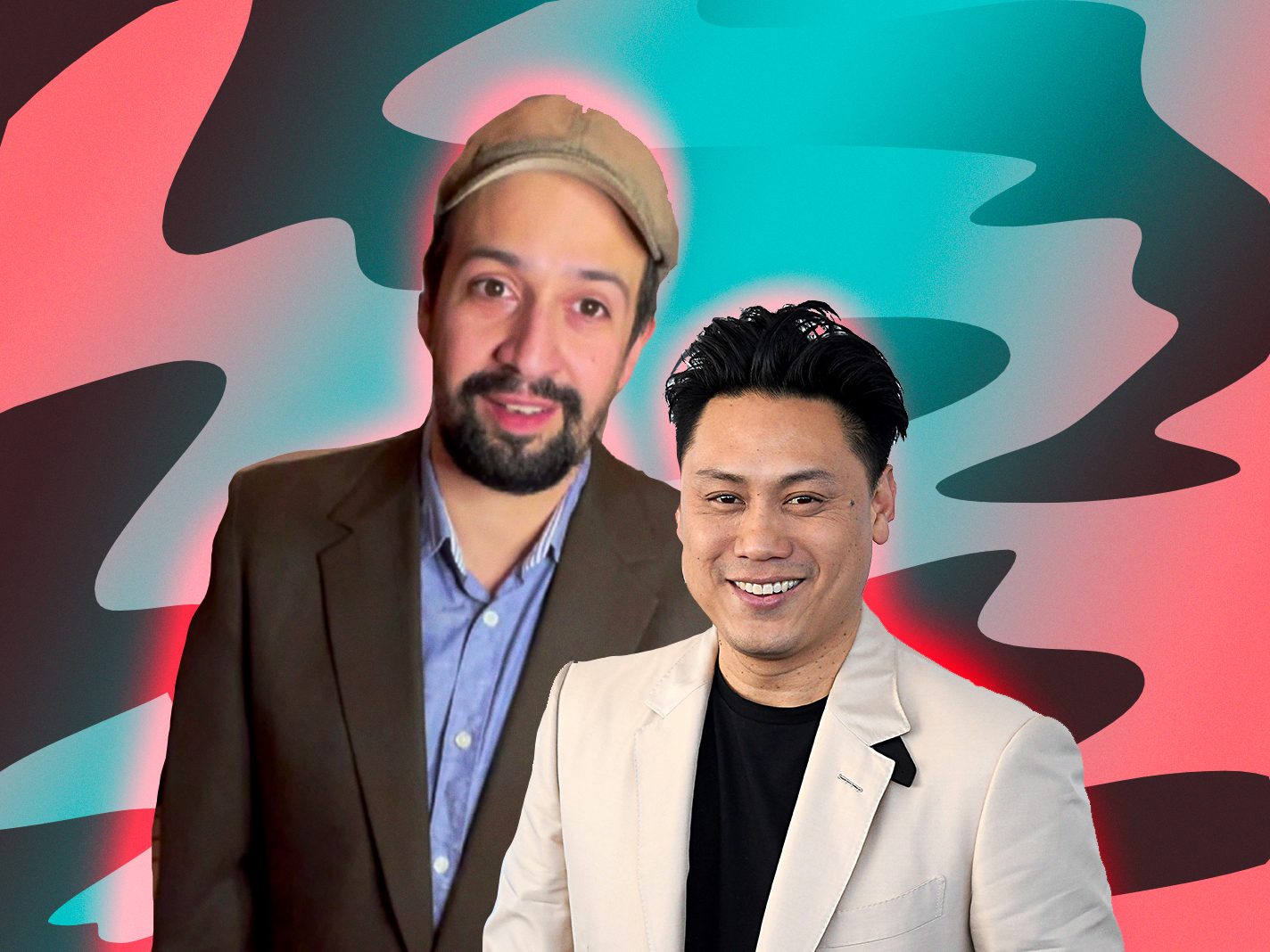The debate has been changing in Hollywood about who should be able to tell certain stories. Should Steven Spielberg be the filmmaker remaking West Side Story since the narrative focuses so much on Puerto Rican characters? Should a white director like Tate Taylor have been the one tapped to helm The Help about the experience of black maids in 1960s Mississippi? Or should a white author like Kathryn Stockett have even written the book from which the film was adapted in the first place?
The same goes for the Latino-centric film version of In the Heights, which is being directed by an Asian American filmmaker instead of a Latino. Broadway superstar Lin-Manuel Miranda, who wrote the music and lyrics for the original stage play, says he chose Jon M. Chu (Crazy Rich Asians) for the film adaptation of In the Heights because he “understood the first-generation immigrant experience in a lived-in way” much like Miranda.
“We met with lots of directors for [In the Heights],” Miranda tells Remezcla during a recent interview. “[Jon] understood the struggle in a very tactile way. That transcended Latino vs. non-Latino.”
Like Miranda, Chu is a first-generation American whose family started their own small businesses and raised a large family. Miranda said that influenced In the Heights as much as anything else.
“[Jon] understood the nuance of when your parents make miracles happen,” Miranda says. “They did the hardest part. They came here not speaking the language. They made a way where there was no way. He understood that on a bone level.”
Miranda agrees that it’s natural for audiences to want to “see more people… tell their own stories.” That’s what initially attracted him to In the Heights.
“I don’t think anyone’s against that,” he says. “In the Heights exists because I wanted to see a musical where Latinos got to tell their own stories without crime or drugs at the center. That just straight up didn’t exist when I was growing up. I wanted to create what was missing. I think that dialogue is about people being allowed to create what’s missing and being supported in doing that.”




